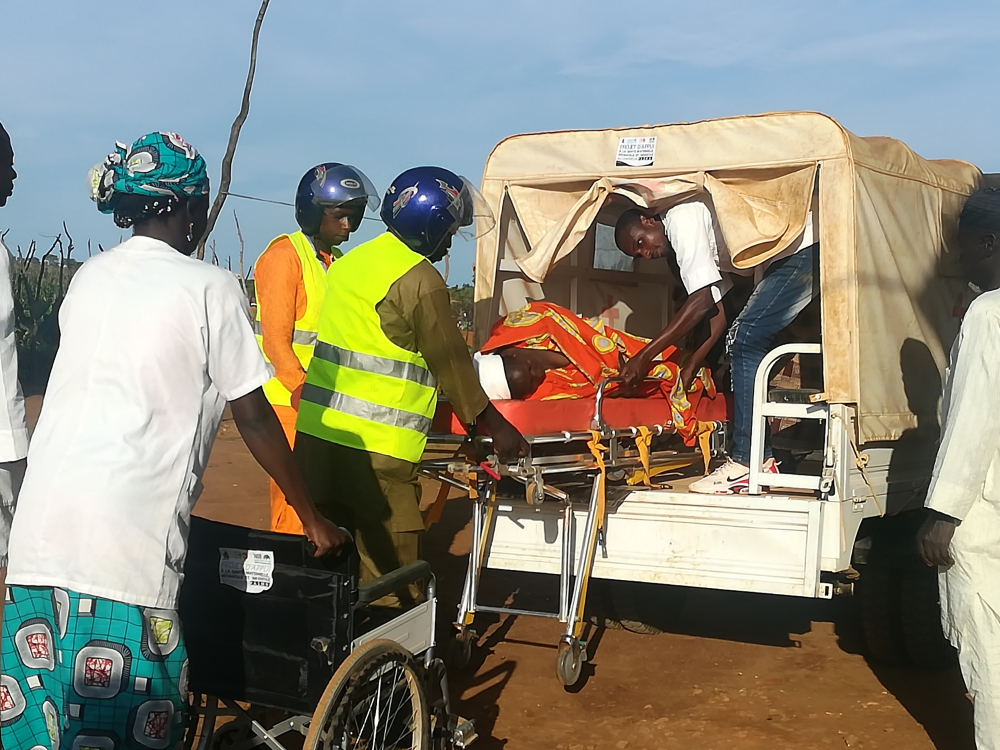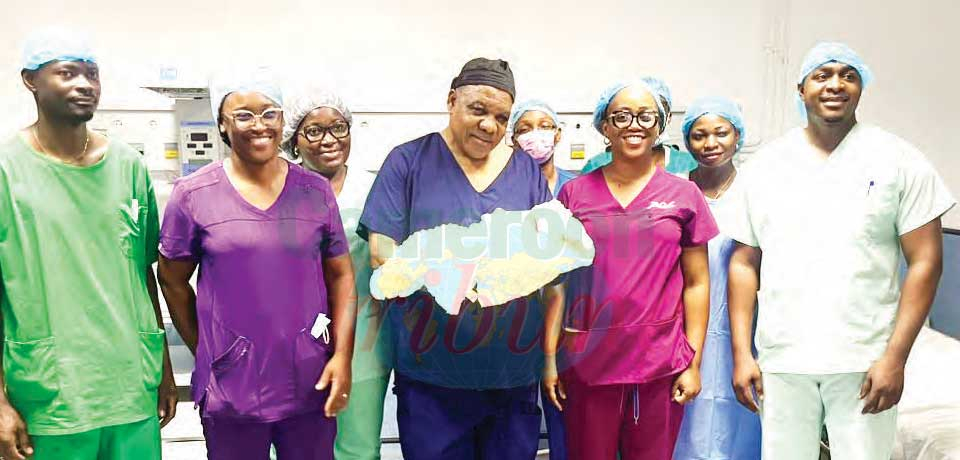Maternal Mortality, Morbidity: Health Facilities As One Another’s Keepers
- Par Kimeng Hilton
- 25 août 2021 10:52
- 0 Likes

Under the Maternal, Newborn and Infant Health Support Project, Obstetrics and Newborn Emergency Care, SUNU networks were created in 2020 by Adamawa Regional health authorities to encourage women to consult and deliver in hospital.
According to the 2018 Demographic and Health Survey, DHS, maternal mortality in Cameroon remains high. Adamawa Region recorded 96 deaths per 1,000 live births as against the national average of 80 deaths per 1,000 live births. In an effort to reverse the trend, government in 2018 launched the Maternal, Newborn and Infant Health Support Project, MNIHSP.
The three-year project (2018-2021) is implemented with the technical support of the United Nations Children’s Fund, UNICEF and the United Nations Population Fund, UNFPA. Financed by the Islamic Development Bank, IsDB, the project covers 35 health districts in the Far North, North, Adamawa, East and Centre Regions.
In order to boost the project’s success, the Adamawa Regional Delegation of Public Health in 2020 set up two Obstetrics and Newborn Emergency Care, SUNU networks. They encourage women to consult and deliver in hospital. Funded by UNFPA, SUNU targets women of child-bearing age, pregnant women and newborn babies. The region is divided into two SUNU networks - Ngaoundere Rural and Banyo Health Districts - each with a population of 500,000 people in respect of international SUNU standards.
“Our aim is to reduce morbidity and mortality amongst women of child-bearing age. Women in Adamawa are generally reluctant to go to hospital. They end up delivering at home because their husbands do not want them to consult where they will have to undress before male staff,” explains Etamanyo Flora Ebob, Assistant Medical Officer, Ngaoundere Rural Health District/District Focal Point for Reproductive Health.
&...
Cet article complet est réservé aux abonnés
Déjà abonné ? Identifiez-vous >
Accédez en illimité à Cameroon Tribune Digital à partir de 26250 FCFA
Je M'abonne1 minute suffit pour vous abonner à Cameroon Tribune Digital !
- Votre numéro spécial cameroon-tribune en version numérique
- Des encarts
- Des appels d'offres exclusives
- D'avant-première (accès 24h avant la publication)
- Des éditions consultables sur tous supports (smartphone, tablettes, PC)














Commentaires